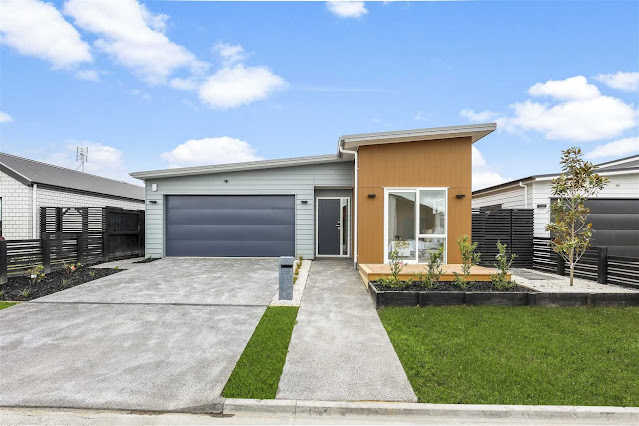Property Valuation Methods: Everything You Need to Know
Property valuation is a crucial aspect of real estate investment. Whether you are buying, selling, or refinancing a property, understanding its true value is essential. Property valuation helps you make informed decisions, negotiate effectively, and maximise your investment returns. In this guide, let’s explore everything you need to know about property valuation Hamilton methods.
What is Property Valuation?
Property valuation is the process of determining the fair market value of a property. It involves assessing various factors such as location, size, condition, and comparable sales in the area. The goal of property valuation is to determine the most probable price that a property would sell for in the current market conditions.
Common Property Valuation Methods
There are several methods used to value properties, each with its own advantages and limitations. Here are some of the most common property valuation methods:
- Comparative Market Analysis (CMA):
Comparative Market Analysis (CMA) is one of the most widely used methods for valuing residential properties. It involves comparing the subject property to similar properties that have recently sold in the same area. The sale prices of these comparable properties are used to determine the value of the subject property.
- Cost Approach:
The Cost Approach method calculates the value of a property by estimating the cost of replacing the existing structure with a similar one. This method is commonly used for valuing new construction or properties with unique features that are not easily comparable to other properties in the area.
- Income Approach:
The Income Approach, also known as the capitalisation approach, is used to value income-producing properties such as rental properties and commercial buildings. This property valuation Hamilton method calculates the value of a property based on its potential to generate income. The value is determined by estimating the property's net operating income (NOI) and applying a capitalisation rate.
- Sales Comparison Approach:
The Sales Comparison Approach is similar to CMA but is used for valuing commercial properties and vacant land. It involves comparing the subject property to similar properties that have recently sold in the same area. Adjustments are made for differences in size, location, and other factors to determine the value of the subject property.
Choosing the Right Valuation Method
The most appropriate valuation method depends on the type of property being valued and the specific circumstances of the valuation. In many cases, a combination of methods may be used to arrive at a more accurate valuation. For example, the sales comparison approach may be used to value a residential property, while the income approach may be used to value an income-producing property.
Factors Affecting Property Valuation
Several factors can affect the value of a property, including:
- Location: The location of a property is one of the most important factors affecting its value. Properties located in desirable neighbourhoods with good schools, amenities, and low crime rates tend to have higher values.
- Size and Features: The size, layout, and features of a property also play a significant role in its valuation. Larger properties with more bedrooms, bathrooms, and amenities typically have higher values.
- Condition: The condition of a property, including its age, maintenance, and any needed repairs or renovations, can affect its value. Well-maintained properties are generally worth more than properties in need of repair.
- Market Conditions: Market conditions, including supply and demand, interest rates, and economic trends, can also affect property values. In a seller's market, property values tend to increase, while in a buyer's market, property values may decrease.
Final Words
Property valuation is an essential aspect of real estate investment. By understanding the various valuation methods and factors that affect property values, you can make more informed decisions and maximise your investment returns.
Whether you are buying, selling, or refinancing a property, having an accurate valuation is key to achieving your financial goals. If you need assistance with property valuation Hamilton, it is advisable to seek the guidance of a qualified real estate professional who can provide expert advice and guidance tailored to your specific needs and circumstances.




Comments
Post a Comment